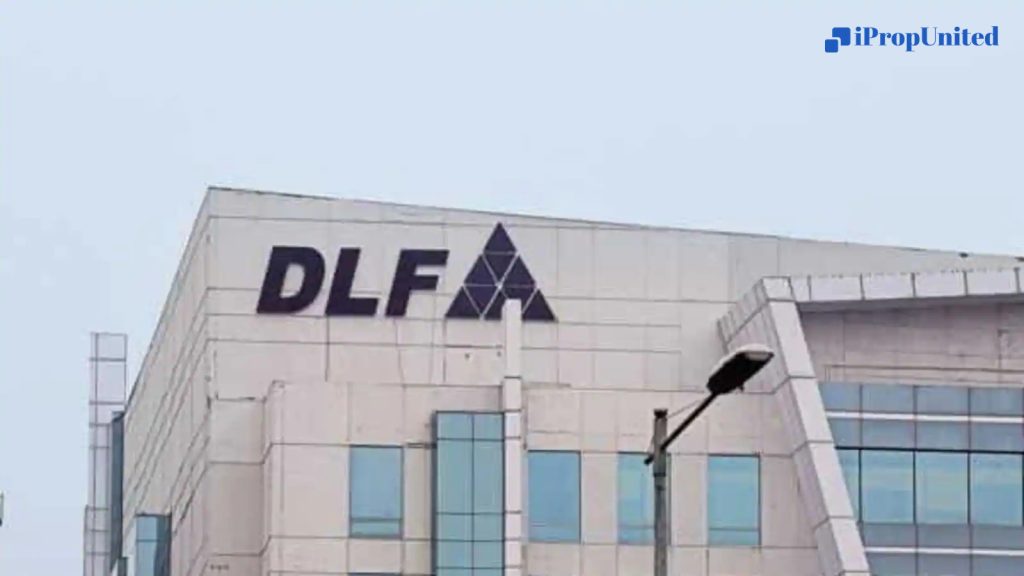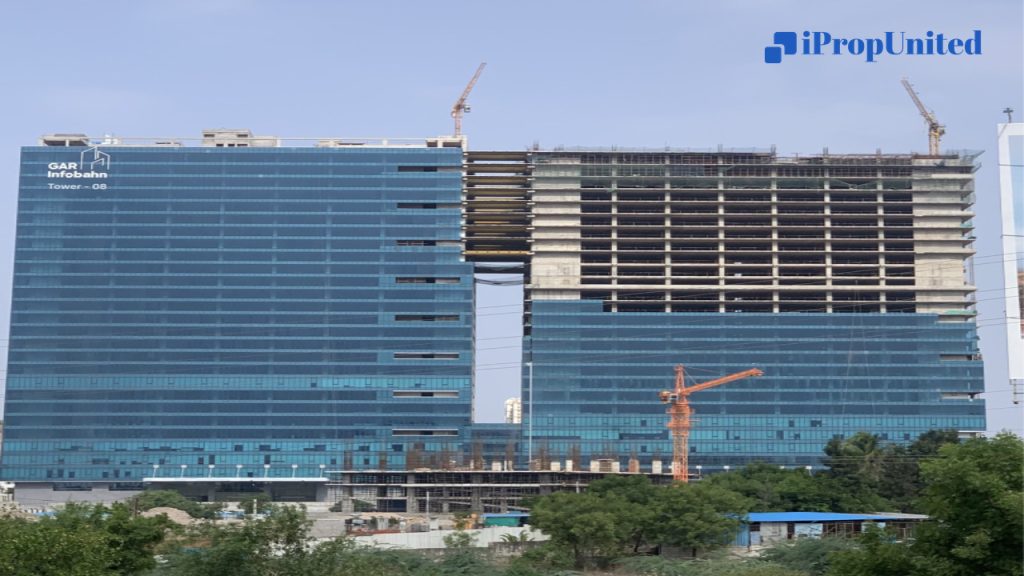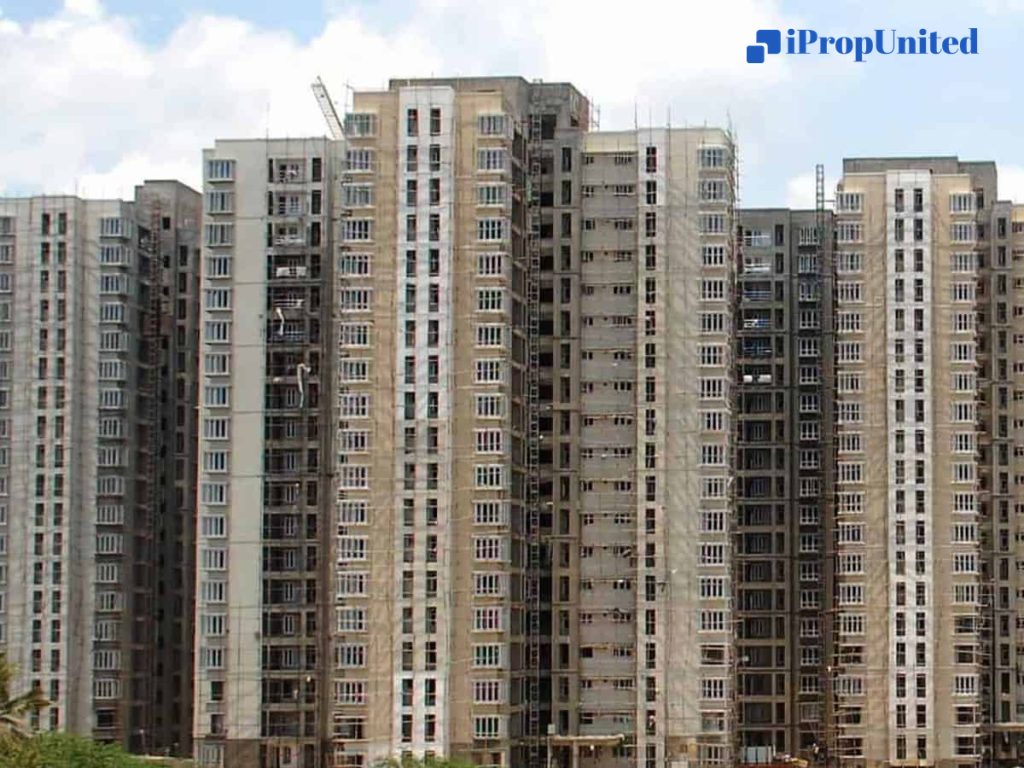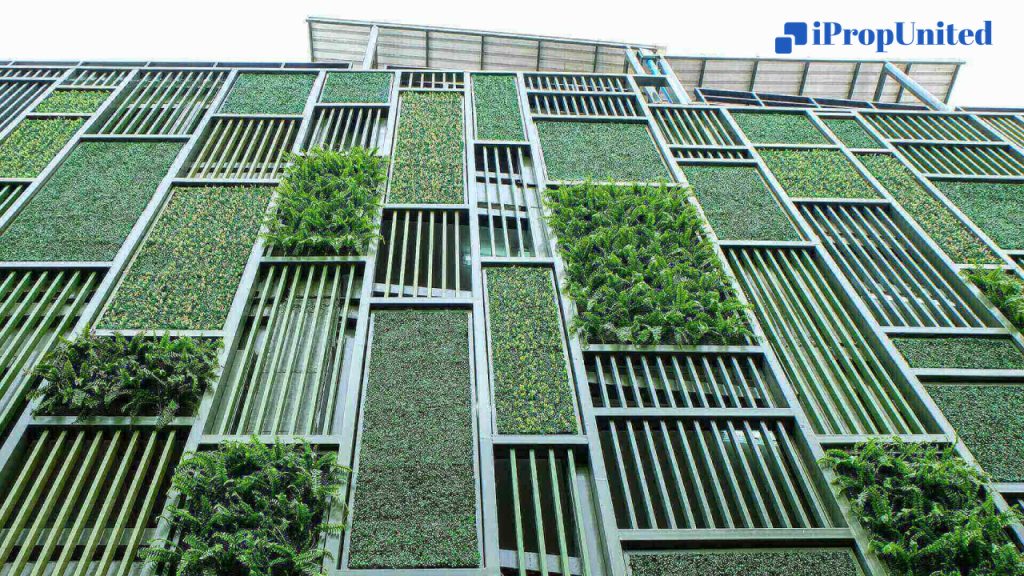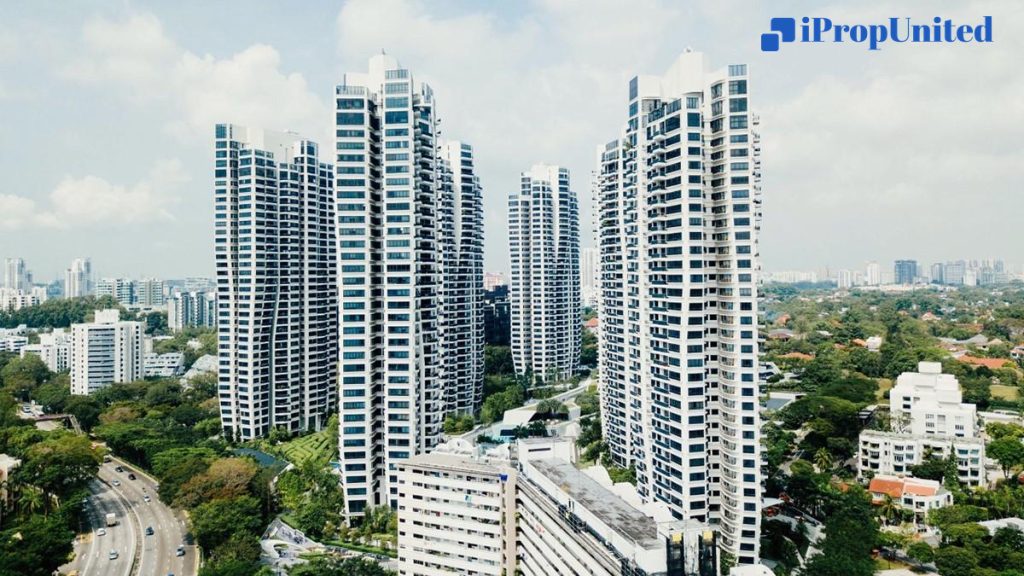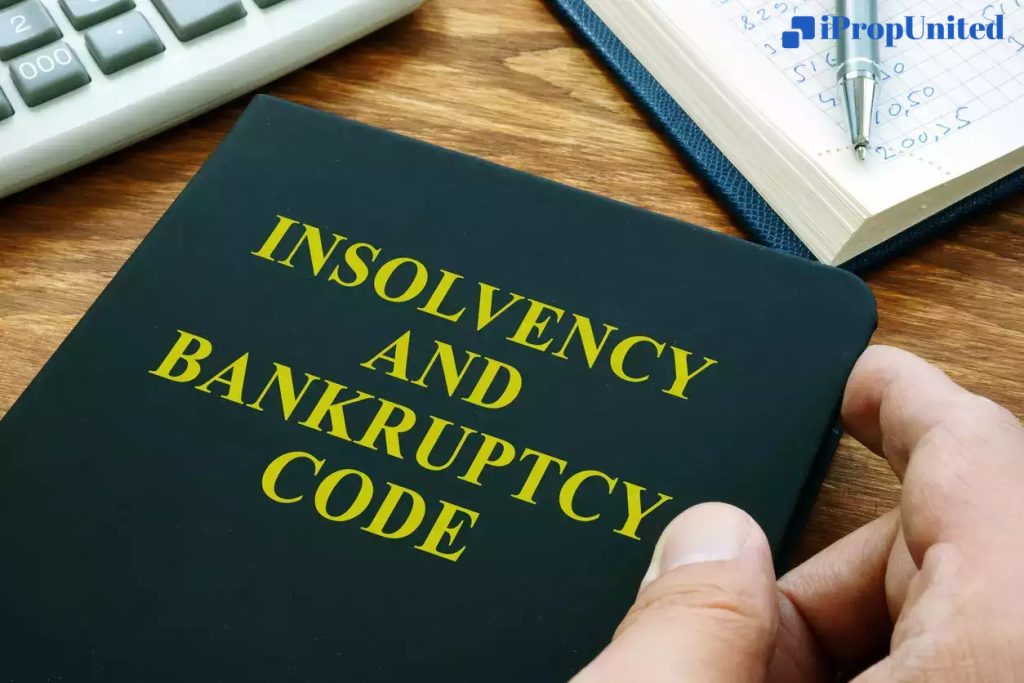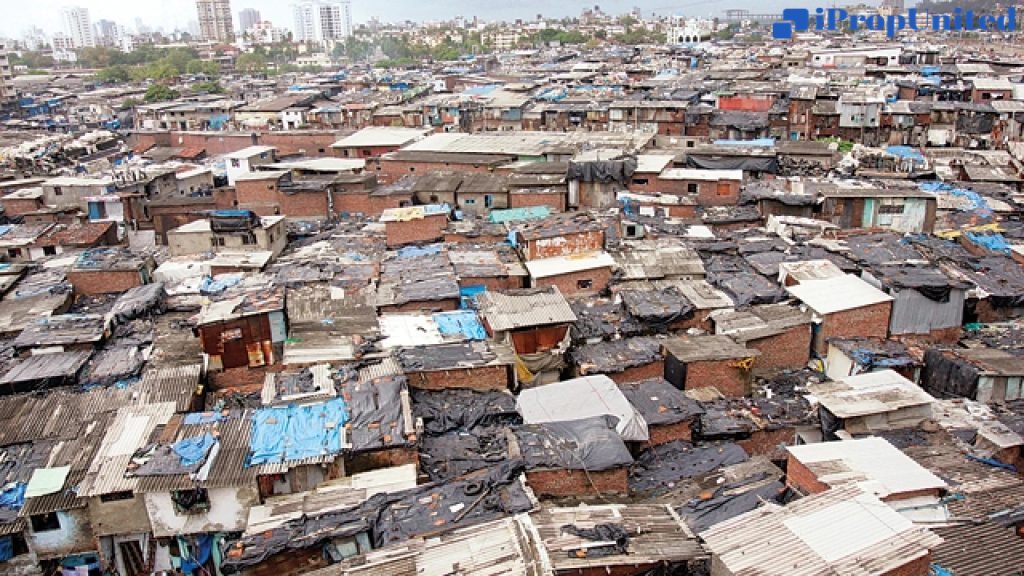The Maharashtra Real Estate Regulatory Authority (MahaRERA) has taken a significant step towards promoting transparency in the real estate sector. From August 1, developers in the state will be required to prominently display QR codes in all advertisements and promotions related to their projects. Failure to comply with this directive could result in penalties ranging from Rs 10,000 to Rs 50,000.

Introduced on March 27, MahaRERA assigned a unique QR code to each new real estate project alongside its registration certificate. This measure aims to assist potential homebuyers in accessing vital information about a project before making a purchase decision. So far, over 40,000 real estate projects have been registered with MahaRERA since its establishment in May 2017, with around 5,700 projects lapsing.
The square black and white QR codes will be easily scannable by smartphones, providing homebuyers with essential project details such as the developer’s name, registration date, expected completion timeline, received approvals, post-construction status, and available complaints. The QR codes also facilitate easy access to information about any changes made to the approved plan and the renewal status of a project’s registration.
By making this information readily available through QR codes, MahaRERA aims to empower homebuyers with convenient and comprehensive insights into real estate projects, promoting transparency and accountability in the sector. Developers must ensure strict compliance with the new requirement to avoid penalties, and any failure to rectify violations promptly will be subject to further action by the regulatory authority.
Follow and Connect with us: Twitter, Facebook, Linkedin, Instagram

